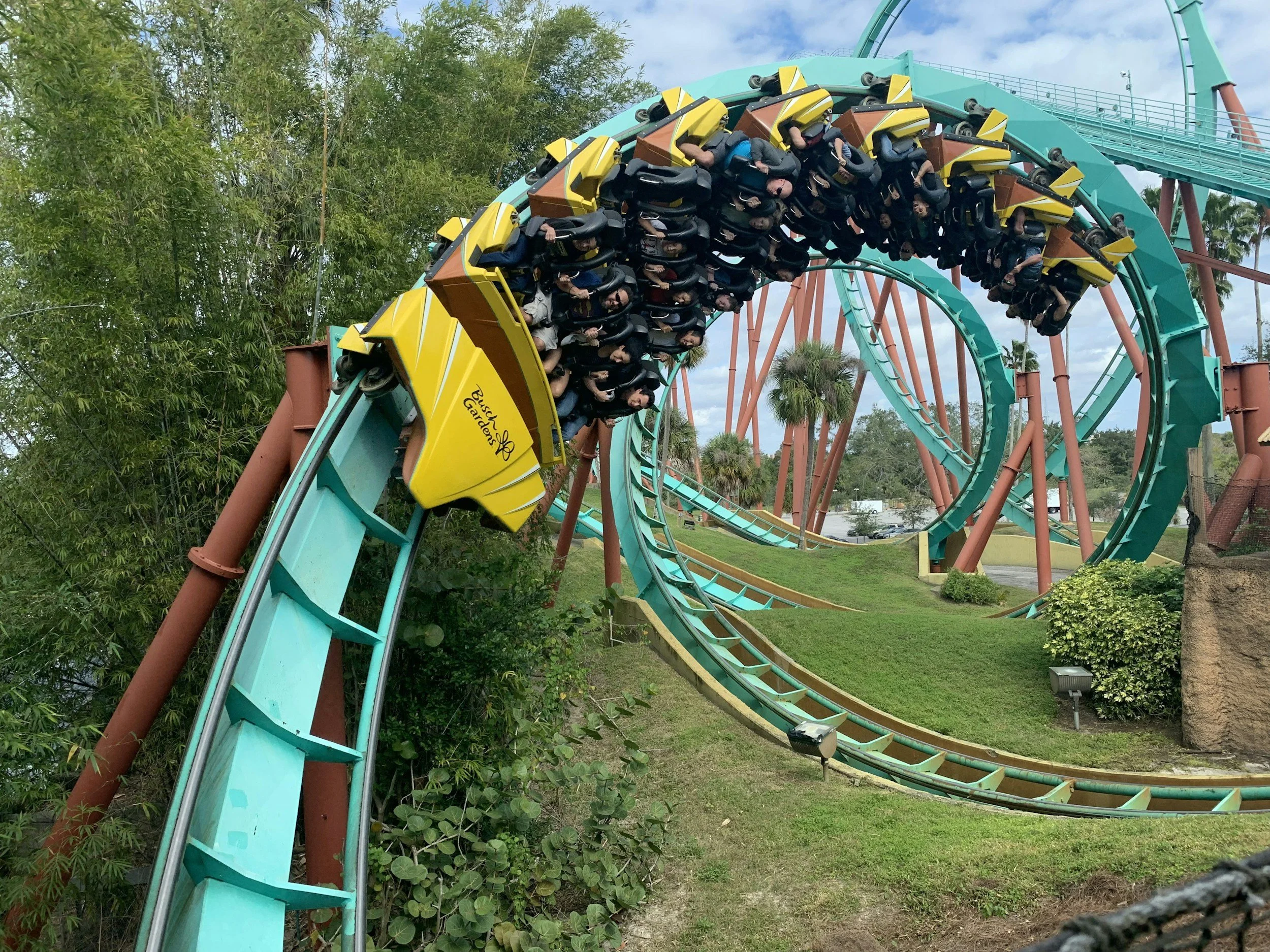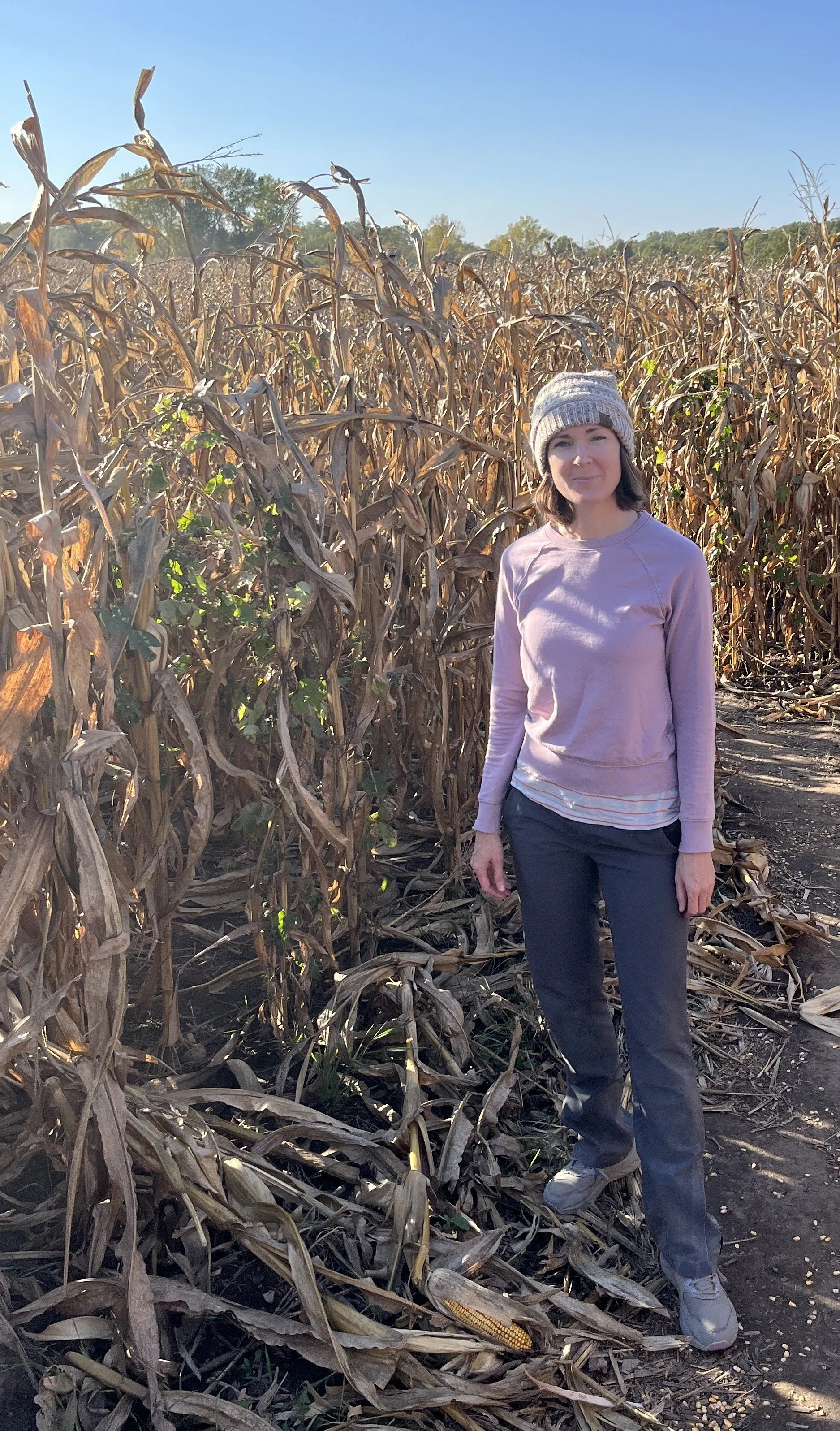Blog #8: After Recovery, Gratitude for the Lessons Taught by Neuroplastic Symptoms
5-minute read
The upcoming American Thanksgiving holiday inspires me to write about how, ironically, many people who have recovered from neuroplastic symptoms are grateful to have had their symptoms. For me, the 8 years of symptoms that included repetitive motion arm pain, palpitations, difficulty swallowing, weight loss, and fainting, prompted me to explore my true authenticity as a person and physician. Reconciling difficult emotions that stem from life experiences is central to healing neuroplastic symptoms. Having done so, I better understand myself, my family, and my patients with genuine compassion that stems from newfound self-acceptance.
“My time with ME/CFS was the hardest period of my life. Strangely, it turned out to be the best thing that ever happened to me.”
Neuroplastic symptoms are a sign the body is trying to protect itself by signaling danger. After listening to the body’s emotional signals, newfound self-compassion, empowerment, improved relationships, and greater spirituality are common themes in published writing and from personal anecdotes shared with me on the topic.
Raelan Agle, podcaster and recovery program creator suffered with chronic fatigue for ten years until she decided it was time to self-heal. She acknowledges in her memoir, Finding Freedom: Escaping from the Prison of Chronic Fatigue Syndrome that healing can transform you to a version of yourself that is even better than before.
Nicole Sachs, LCSW, psychotherapist, podcaster, retreat speaker, and creator of JournalSpeak and the Break Awake recovery program, dealt with debilitating back pain when she was 19 years old. An orthopedist, untrained in the mind-body model, inappropriately correlated Sach’s symptoms to spondylolisthesis, normal age-related changes in the spine. He warned her not to lift anything more than 20 pounds, travel, or even bear children. Luckily, Sachs improved from the guidance of mind-body pioneer, Dr. John Sarno, New York University Physical Medicine & Rehab physician, before opting for back surgery. Sachs states in her 2025 book Mind Your Body about her healing work, “It has rebuilt my relationships. It has found and reimagined the roots of my perfectionism and codependency. It has located and healed my inner child. And, most importantly, it has allowed me to teach with the kind of presence and certainty that offers others enduring healing and personal agency. I am on my knees in reverence…” She goes on to describe the healing work as a “…path to more fulfilling relationships, heightened self-worth, and a completely new lens on life.”
Chris Sykes-Popham, former Royal Marine and Founder of Freeme, the app for people with Myalgic Encephalomyelitis / Chronic Fatigue Syndrome and Long Covid, tells me:
My time with ME/CFS was the hardest period of my life. Strangely, it turned out to be the best thing that ever happened to me. How can that be? Looking back, I see now that the whole experience was a message - a call to action to live differently. It forced me to listen, and to live in a way that was true to who I really am. The things I learnt using a neuroplastic approach calmed my nervous system and allowed me to fully recover. Most importantly, they gave me a balanced, authentic and joyful life where I feel connected to my emotions - that's what I'm grateful for.
Ann, a member of the Association for Treatment of Neuroplastic Symptoms (ATNS), says:
I am thankful for my neuroplastic symptoms because of the ways in which they have changed my inner life. My symptoms were chronic fatigue, POTS, brain fog, and GI troubles. My symptoms were so difficult to manage that I chose to quit my job to focus on resting and healing. During that time of convalescence, I discovered the mind-body approach and I did a couple video-based programs, which helped tremendously. I am mostly recovered now, but I look back on that time with gratitude, gratitude that I recovered and gratitude for what I learned in the process. I learned that the perfectionism and self-criticism I focused on myself on a daily basis was simply neither helpful nor necessary. I learned self-compassion and gentleness with myself. I also learned how to pay attention to my body, to what it is feeling and needing, and to honor that. All of this can be used in every other aspect of life. For example, I am learning to paint and make pottery. Of course, I am not good at these new skills in the beginning, but I can use the self-compassion and gentleness to move forward in the learning process with ease and joy, rather than intense effort.
I come from a religious tradition that is quite focused on striving to do good, noticing our own sins, and always practicing spiritual disciplines. Through my healing from neuroplastic symptoms, I have also changed my spiritual practice. I now focus much more on God's expansive love and his joy in watching us live healthy and loving lives -- without striving, without the self-criticism.
Dr. Terrie Wurzbacher, an osteopathic physician from San Antonio, Texas states:
I had postherpetic neuralgia [PHN] and…I was suicidal and searching everywhere for relief. I found Dr. Schubiner’s “Freedom From Chronic Pain” course and he talked about IFS [Internal Family Systems therapy]. This was in 2019. One session of IFS and my pain was gone. Totally gone. Needless to say, I became an IFS zealot. And in the 6 years since my introduction to IFS, my life and attitude has totally changed. After 70 years I finally realized that I could change all the “stuff” my mind was constantly reiterating. If I had not had the PHN, I am not sure where I’d be today. My gratitude for it is beyond compare.
ATNS member Alison Herron is a social worker, dancer, singer, and lyricist (see her music below) in her late 60s, who recovered from:
…PTSD, and dozens of very difficult physical, mental, and emotional symptoms. After several years of suffering, and daily suicide ideation, the real turning point came when I learned about using self-directed neuroplasticity to help my limbic system get out of its constant state of hypervigilance.
Recovery has been a roller coaster, but one that gave me knowledge and wisdom I couldn’t have gained any other way. I am much more intentional and compassionate than before… driven now to use all my talents, skills, and resources to help others avoid the kind of suffering I experienced. I feel joy more deeply than I did before, and much of that is driven by how I share gratitude lists daily with a dozen plus people in my life. Throughout this entire process I’ve discovered that the more I express and really FEEL gratitude, the more I realize how much I have to be thankful for, AND… the more I am able to manifest and receive additional blessings.
It can be difficult to imagine thankful feelings for challenging neuroplastic symptoms. Yet, when recovery comes, you just might feel differently. Nicole Sachs states that neuroplastic symptoms are “…an invitation to recognize the truths and traumas that have been awaiting your acknowledgment.” With mind-body work, “this shift in perspective will come, and when it does, it will propel you into wellness and freedom unlike anything you’ve experienced before.”
“If you’re still in the thick of it, I completely understand if gratitude feels impossible right now. I didn’t feel that way either when I was unwell. But try to stay open to the idea that something good can come from all of this.”
Sachs goes on to say, “the gold at the end of the rainbow is an undeniable connection to intuition and presence (not to mention the cessation of chronic pain, illness, and anxiety)…”
This blog post’s musical contribution is brought to you by Alison Herron, the singer and lyricist behind Faith Squared Music. Alison divulges, “[I am] crazy about all things Oz. That connection amplified when I discovered self-directed neuroplasticity. Learning that I had the ability to heal from my many mind-body symptoms (which I did!) resonated so much with Dorothy’s journey… finding out after she thought she’d run out of options that SURPRISE!! She’d had the power all along to get where she needed to go. So, I decided to pay tribute to some of the important things I’ve learned about brain-rewiring in a parody of a favorite tune from the classic 1939 movie.”
Rachel Hollander, thankful for the season.









